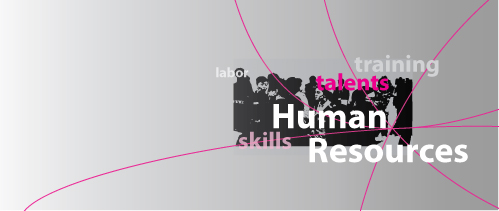
Before you decide to start your journey to pursue your career in the HR profession, it is imperative that you should understand what HR is, and more importantly, what it is NOT.
Some of you might think that HR job involves a lot of tedious administrative work like payroll, benefits administration and system data input. These tasks, together with “hire and fire” constitute nearly the entire portfolio of the HR job. This might be true decades ago. HR has gradually been transforming from a personnel administrative function to a strategic partner to the business. Nowadays, HR is obliged to provide various business solutions and advices relating to human capital. Employee engagement, cultural building, organization development, retention, talent management, succession planning etc, are no longer buzzwords, but the key parts in the wide spectrum of the daily work for HR professionals today. That said, don’t expect every task is glamorous. HR people still cannot get away from the administrative work in particular in the early days of your career, though technology and automation have helped a lot in the process.
HR has been increasing its influence in the board room through maximizing human capital and potential to improve business performance. HR is redefined as a key contributor to businesses as human capital is regarded as the most important differentiator of the competitiveness of the organization. In the early days, HR was seen as a supporting unit reporting to secondary functions, but now more companies have their HR reporting to the managing directors. The need to integrate HR activities with business requirements means that HR professionals have to know the business, and be able to discuss business issues with line managers to become an effective advisor to them.
While formal education in HR gives you basic knowledge, it is not seen as a passport to the profession. As our businesses are not operating in vacuum, all macro social and political issues such as ageing population, trade imbalances, Generation Y, increased globalization and climate changes, etc have impact on our businesses and by implication, on HR. As such, political and business acumen are essential competencies for HR practitioners. Our businesses are now operating in an evolving social, economic and regulatory environment. Coupled with the diverse nature of the job, versatility and the ability to learn smart and fast are of utmost importance. HR management is both art and science. On one hand, we use facts, logic and figures to persuade the business managers and get their buy in. On the other hand, we need to possess soft skills like communication, interpersonal and influencing skills to drive changes and manage our stakeholders.
One thing for sure – HR is a challenging and rewarding career for you to aspire to. Get prepared for your journey!